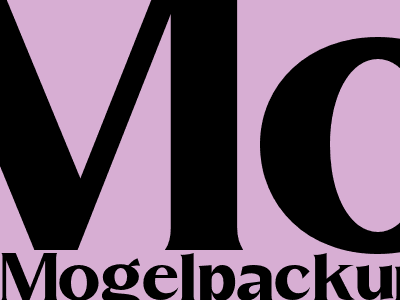
Mogelpackung Aldi: A Deeper Dive
Understanding the Concept
Mogelpackung, a German term meaning "deceptive packaging," refers to the practice of using packaging that misleads consumers about the actual amount of product it contains. Aldi, a German discount supermarket chain, has been accused of engaging in such practices.
In this blog post, we will delve deeper into the Mogelpackung issue surrounding Aldi, exploring the allegations, the company's response, and the implications for consumers.
Allegations and Evidence
Consumer associations and media outlets have raised concerns about Mogelpackung practices at Aldi stores. Investigations have revealed instances where products appeared to contain more than they actually did due to oversized packaging or hidden compartments.
For example, a 2021 study by the German consumer organization Stiftung Warentest found that several Aldi products, including cheese and yogurt, had significantly less content than their packaging suggested.
Aldi's Response
Aldi has responded to the Mogelpackung allegations, denying any intentional deception. The company has stated that the packaging of its products complies with legal requirements and industry standards.
Aldi has also emphasized its commitment to transparency and customer satisfaction. The company has implemented measures such as clear labeling and customer hotlines to address consumer concerns.
Implications for Consumers
The Mogelpackung issue highlights the importance of consumer awareness and vigilance. Consumers should be cautious about packaging that appears misleading and carefully check the actual product quantity before making a purchase.
It is also essential for consumers to lodge complaints with relevant authorities or consumer organizations if they suspect Mogelpackung practices. Reporting such instances helps hold companies accountable and encourages transparency in the marketplace.
Conclusion
The Mogelpackung allegations against Aldi have raised concerns about deceptive packaging practices in the retail industry. While Aldi has denied any intentional wrongdoing, the issue serves as a reminder for consumers to be informed and vigilant when making purchases.
By understanding the concept of Mogelpackung, examining the allegations and evidence, exploring Aldi's response, and considering the implications for consumers, we can collectively promote transparency and ethical practices in the marketplace.